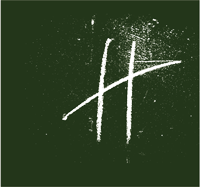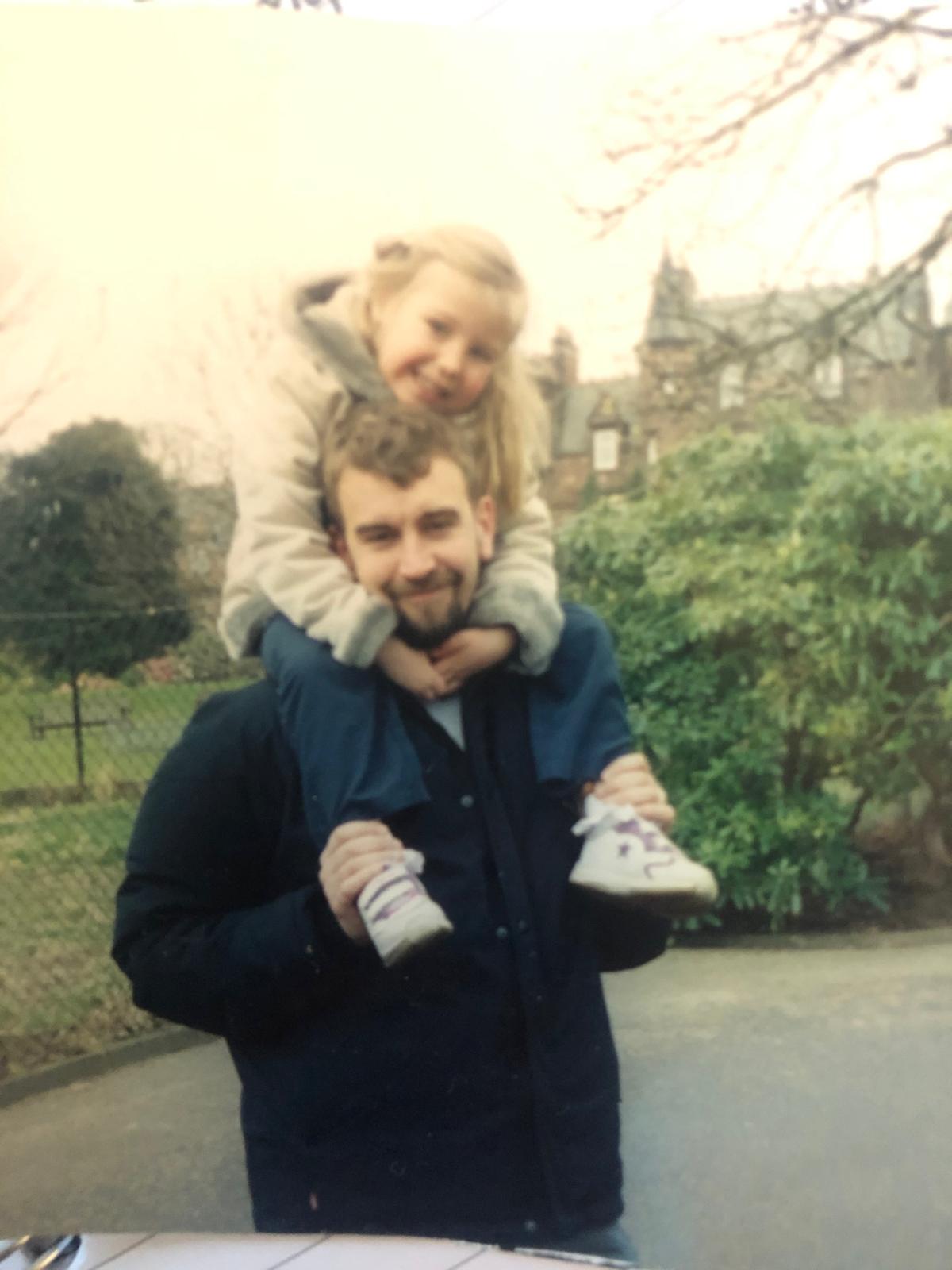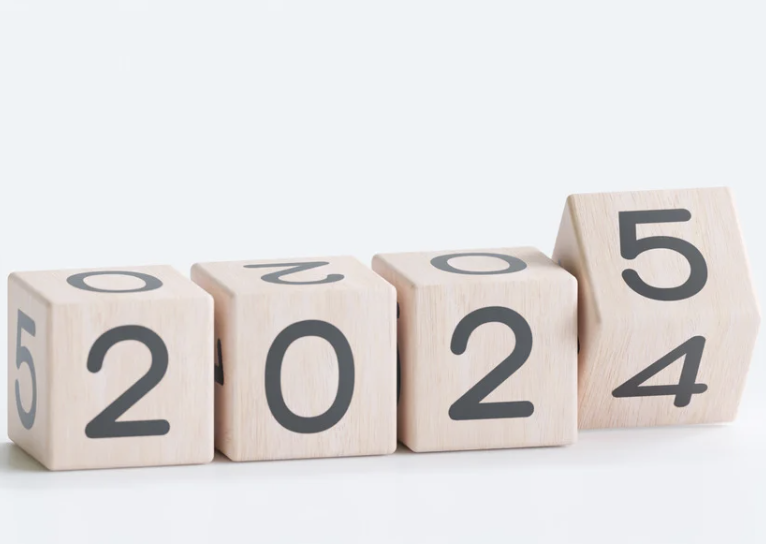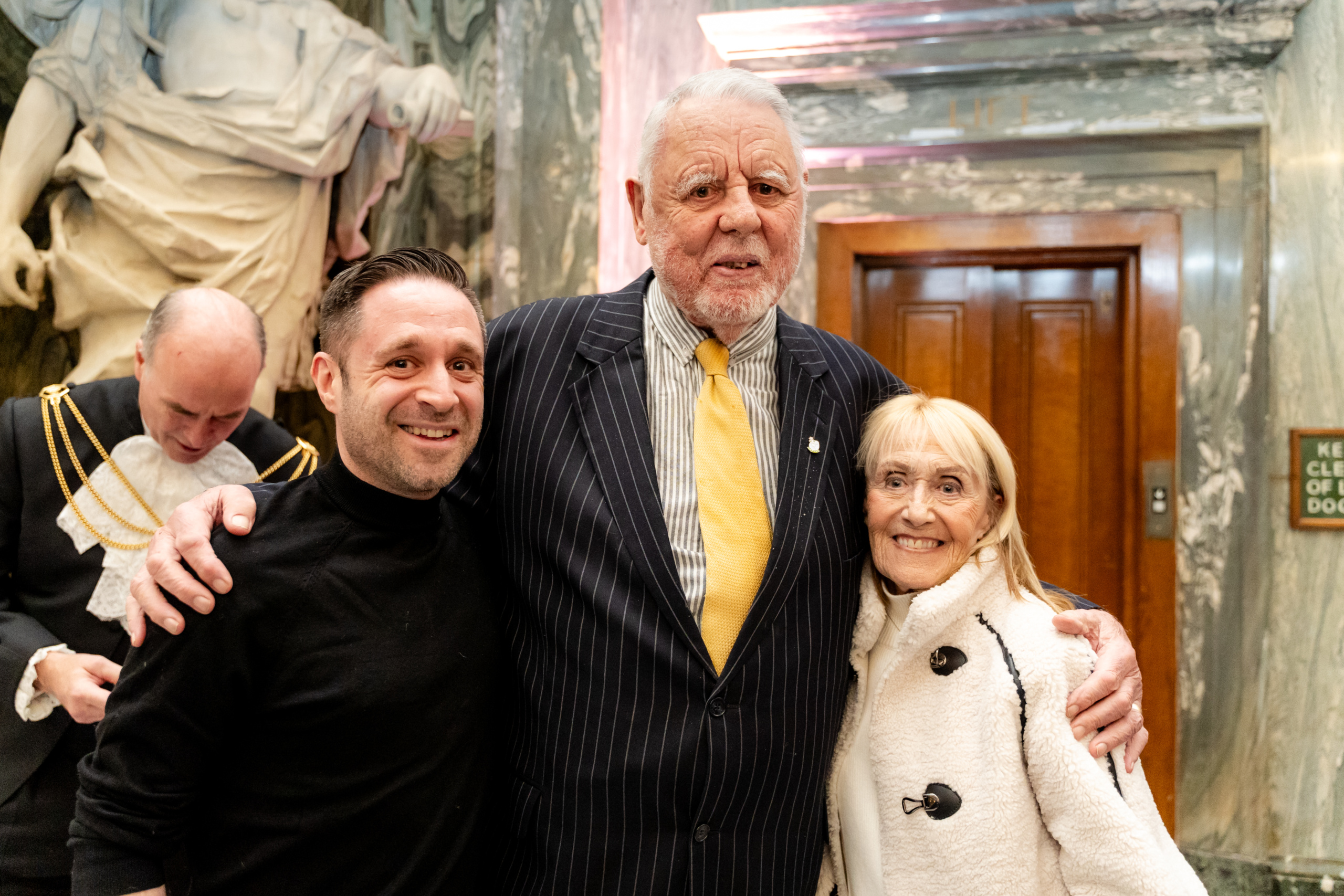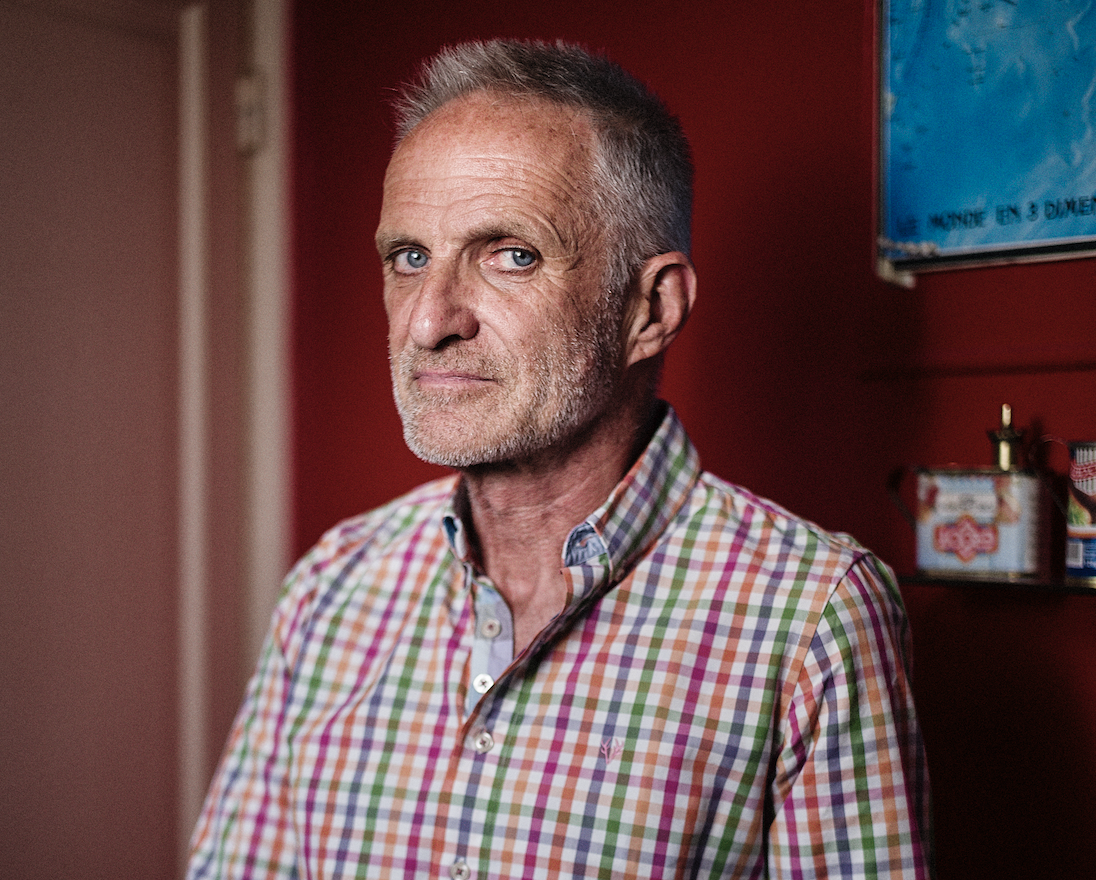
My experience: After release it was amazing to have Hostage International on hand so quickly
Bernard, an Irish-French tourism consultant with a love of Iran, was working with a local friend and tourism operator researching a new potential tour of the country when he was picked up by police and taken to Mashhad Prison. He was arrested on 3 October 2022 and held for 222 days before his release on 12 May 2023. This month (on 3 October 2024) on the second anniversary since his arrest, he releases his book ‘You Will Die in Prison’. Here he shares his experience:
Iran is such a stunning country. I’ve been five times, twice with my husband, and for this trip I was there to try to help my friend and local tourism operator guide promote this section of the Silk Road by train.
I’d first visited in 2017 with family and friends on a classic Iranian tour, and I stayed on with a friend to do a trek in the desert. I was so impressed, that with my background in tourism, I offered to help with the tour operator’s marketing in Europe. They asked me to visit them again, which was the beginning of our working together and friendship.
I wanted to explore and collect information to highlight the beauty of this country that I had fallen for; the real country behind the stories that we see all too often in the media – in the hope of helping.
On this most recent trip, an Iranian tourist operator friend and I had travelled to Tabriz in the north, famous for its bazaars including the oldest bazaar in the Middle East and largest covered bazaar in the world – a UNESCO World Heritage Site.
It was there that I had my first encounter with the protest movement that had spread across the country. We came out of the bazaar and heard crowds, I could smell tear gas in the wind, shops had pulled down their shutters, people were shouting, and I heard gunshots in the distance.
Things quickly became chaotic – people throwing stones at the police, and the police picking people up on their motorbikes – and we needed to get back to the hotel.
There was no way to get a taxi, so we continued to make our way, but it was absolute chaos. We made a dash for the underground station, but someone shouted that it wasn’t open anymore.
As we tried to figure out what to do, a shop keeper invited us in to wait until things were slightly calmer. After a while, he took us through the backstreets to find a car to take us back to the hotel.
Once there it seemed totally calm, you wouldn’t know what had been going on, but when we returned after dinner that evening, from our room on the seventh floor we noticed police down in the car park. Police and army presence was normal in the towns, so it didn’t seem that out of the ordinary, but I took a picture to capture the general feeling of unrest, and that people were against the regime.
We continued on our way to our next stop, Lake Urmia, a big salt lake in a protected national park, and saw more police in the nearby town.
We were able to move freely and extensively around the country, and in the city of Rasht I was struck by women not wearing headscarves. I love photography so I took pictures of everything, including one photo of a burnt-out mosque, set on fire by demonstrators. That did get me into trouble later on in court, but being a Parisian, I pointed out that I had a picture of Notre Dame Cathedral when it was on fire, so it was more that I was documenting my journey.
As we went on, we heard more stories of demonstrations and people being killed and I was beginning to realise that this was bigger and more widespread than previous demonstrations I’d heard of, but I didn’t feel under threat.
We travelled on to Mashhad, to the largest mosque in the world, the Imam Reza Holy Shrine – one million square metres. As a non-Muslim I could only enter as part of a guided tour but it was such an incredible sight that we decided to go back in the evening to take pictures at sunset when it was beautifully lit.
My arrest
That was when we were pulled over by the authorities to answer questions. They took our phones and my Irish and French passports. That was the beginning of my ordeal.
I was slightly concerned, but thought it would all blow over in a few hours as we’d only taken a few photos.
As the interrogation went on, and we had our fingerprints taken and my Iranian friend was taken away, I felt I was getting into hot water.
I was taken to Mashhad Prison where I remained for seven months.
Time in prison
Initially, I was held in solitary confinement, with just a blanket to lie on the floor, and was interrogated a few times a day. It was so disorientating; time is very difficult to judge in solitary – you don’t know what day it is. Apparently, it was about a week before my family were told that I was in prison.
I didn’t think that I would be there long, I wasn’t of any value, and I was in poor health with limited amounts of my daily medication, so I didn’t think they’d want me on their hands.
But, after a health check – handcuffed to a bed in a local hospital – I was taken back to Mashhad prison and held in Block 61, referred to by the inmates as ‘Satan’s Block’.
I was held with a mix of local political prisoners, foreign – mainly drug – smugglers, and another Frenchman, Benjamin Brière who had been there for over two years.
Benjamin had a stock of books, and that was my key to coping. I’d read anything I could. We could get books and crossword puzzles via our French consular visits, and by the time of my release I’d read 47 books in seven months.
Prison is an extraordinary experience, but one of the worst things is the total loss of control. My worry was time and how long I’d be there. If you’re imprisoned in a normal country you’d know the length of your sentence, but in Iran they’d give you a sentence that was rubbish – you’d have no idea how long you’d be held for. It’s so cruel.
The only thing I felt some control over was food and medicine, so I undertook a hunger strike until my father, who was 97 at the time, asked me to stop.
Instead, I started making lists – of things I missed, things I loved – huge long lists, and I wrote a diary, much of it in a code that I had made up which I was able to dictate to a friend over the phone.
But there were moments to reflect; I remember being able to see the moon out through the bars and thinking that my family could see the same moon at the same time. Another time, I saw a ladybird on its back in the courtyard and I was able to save it by taking it to the flowers at one end of the yard, it was quite special.
The most difficult times were the interrogations and court hearings where we were taken in prison uniform while handcuffed and shackled. They were horrendous, undertaken by horrible people.
I felt a near complete loss of control, but my black humour and impertinence helped me feel some semblance of control.
The judge once said, ‘You will die in prison’.
I felt strongly that they wouldn’t kill us; I wasn’t even allowed to go to the prison gym in case we hurt ourselves, but it didn’t save me from the thought that I’d die of an illness I already had, and persistent worry that I wouldn’t make it home to my friends and family.
After release
It wasn’t until we were out of Iranian airspace, that I really believed I was free. The pilot took the most direct route out of Iran, then on to Paris.
It took 28 minutes to get out of Iranian airspace, with the constant worry that we’d be forced back. It was the longest 28 minutes of my life. From the stretcher bed I looked down at the desert below and thought of all my friends that I’d left behind in Iran and wondering if it were the end of my Iranian journey.
One of the most important things after my release was to be able to reconnect with nature. In prison, the only outside I saw was from a courtyard, like an empty swimming pool surrounded by barbed wire. I’d see the sky and planes flying over to freedom; that was hard.
I was in a military hospital in Paris after my release and I’d venture out into its garden and feel the grass between my toes – it was incredible. It just felt so good and so after I was discharged from hospital my husband Roland and I went to the countryside, which was an important part of my recovery.
Support from Hostage International
When I was in hospital in Paris, Roland brought a leaflet from Hostage International helping to explain what to expect after release, how to cope with other people, react to crowds, and answering other questions I had. It was so helpful in giving structure and helping me to understand that my feelings and experiences on return were normal.
Hostage International also helped find a psychiatrist and gave me a caseworker to help me sort out my day-to-day life, and I spoke to the Hostage International media expert as I was being approached by journalists. I’d never spoken to the media before so that was a huge help.
It was amazing to have help on hand so quickly so I’m now telling everyone about Hostage International!
Bernard’s book You Will Die in Prison is due out on 3 October and published by ERIU, part of Bonnier Books and is available to buy here.
Image of Bernard: © Le Monde, Edouard Caupeil
